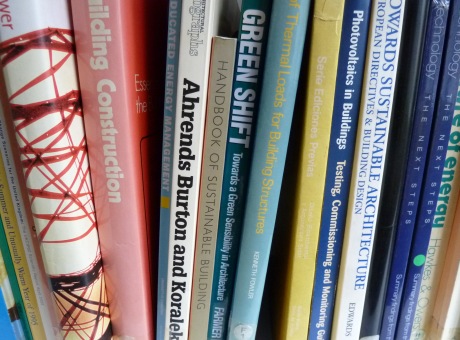Social capital & the diffusion of innovations: investigating UK household energy consumption

1 January 2008
The aim of this paper is to understand the impact of social capital, or the social networks and embedded resources within those networks, on the diffusion of energy-reducing innovations. Though assumed to be an effective means of reducing greenhouse gas emissions and ensuring national energy security, reduction of energy consumption is a difficult policy measure to encourage amongst householders. According to diffusion of innovation theory, change in household energy use depends on technical or social innovations being communicated through society and adopted by householders over time. Innovations diffuse through a social system, which involves household consumers changing their purchasing behaviour and technology-use behaviour. Considering the importance of networks in the diffusion of energy demand reduction innovations, social capital, or “access to and use of social resources embedded in social networks” (Lin 1999, p.30), offers a unique perspective for understanding household energy use. An energy company is conducting trials by disseminating energy efficiency measures, including ‘smart meters’, in three communities across Britain. Social capital will be measured by using both a name generator and a resource generator that focus on accessible energy-related resources. The levels of social capital will then be compared to adoption of energy efficiency measures. The contacts of the ego-networks will also be assessed to determine geographically-based community influence. These results may provide a fuller understanding of the dissemination of household energy efficiency measures to assist researchers, practitioners and policymakers.
Social capital & the diffusion of innovations: investigating UK household energy consumption. Presented at: 4th UK Social Networks Conference, University of Greenwich, London, UK.
MCMICHAEL, M; (2008)
 Close
Close

